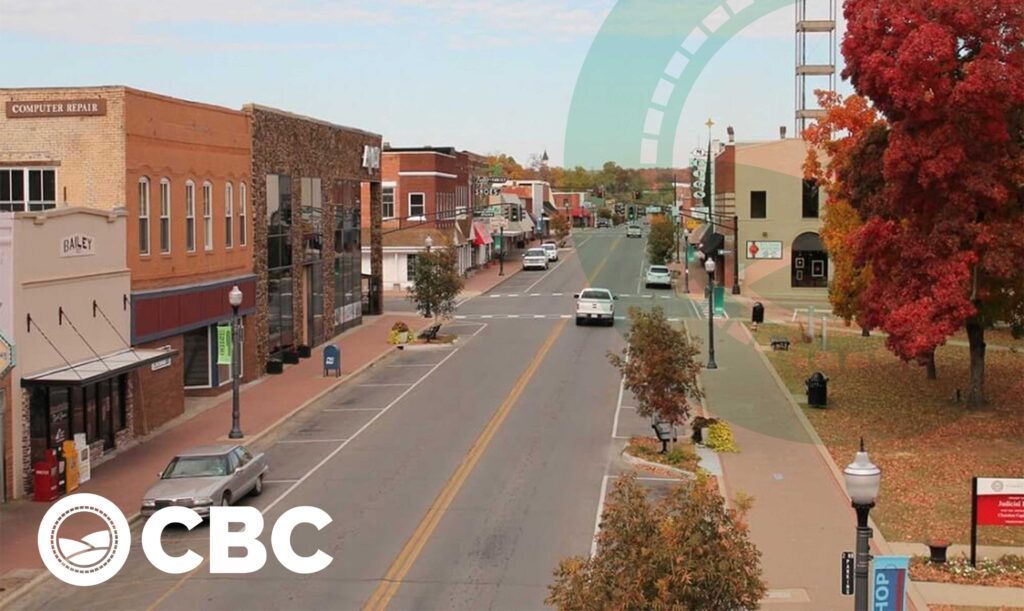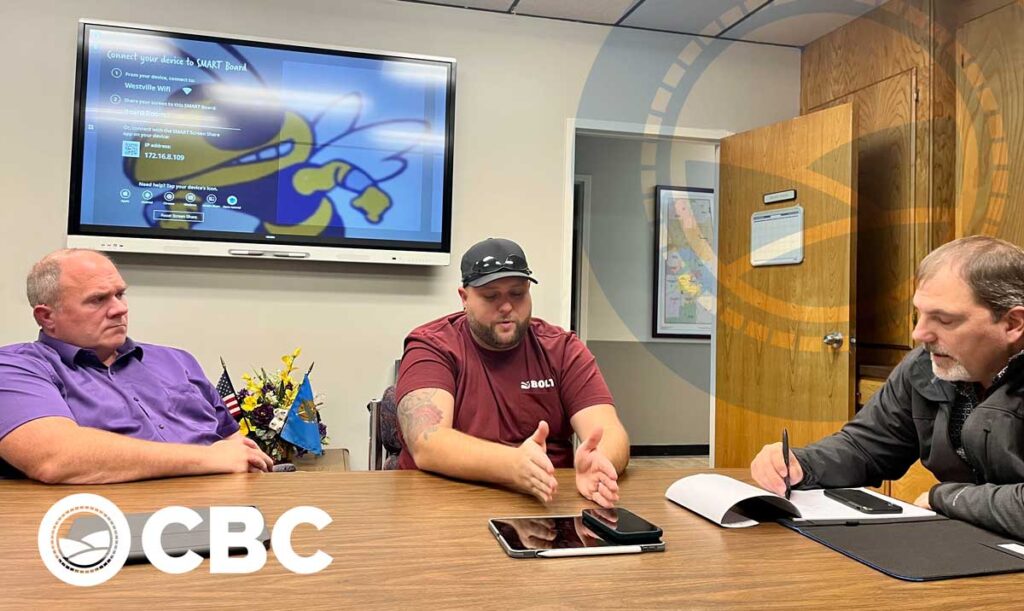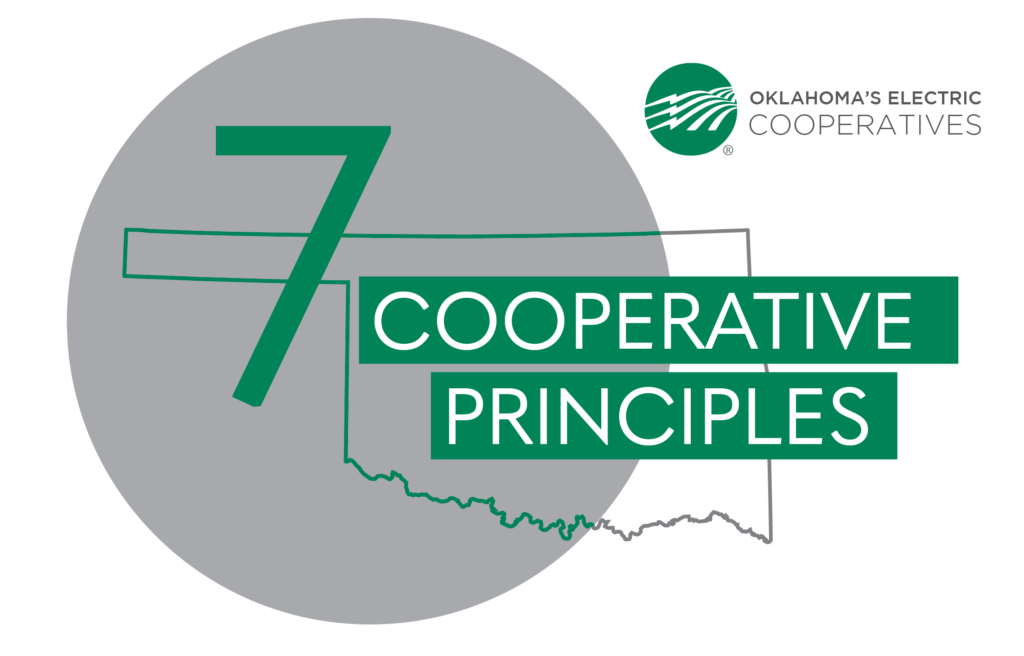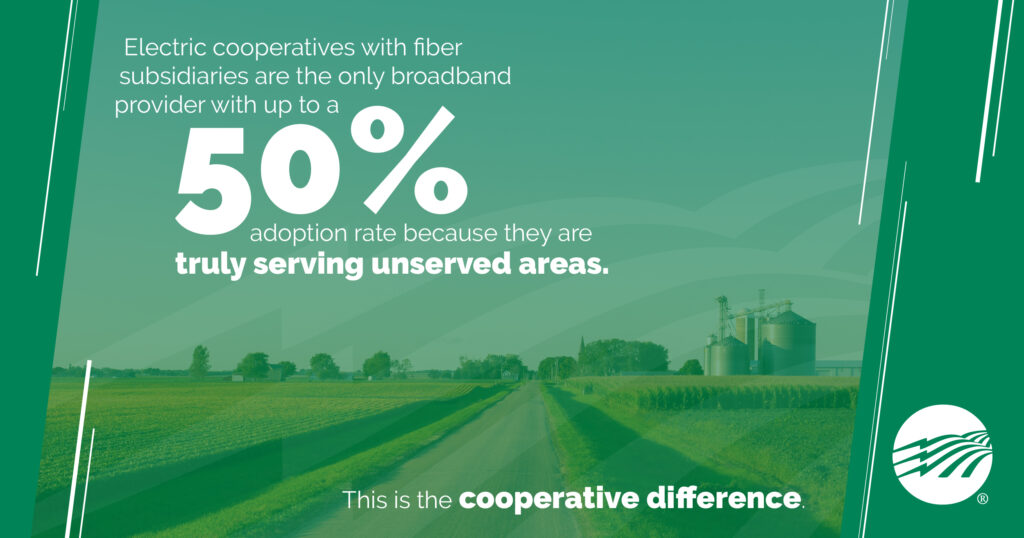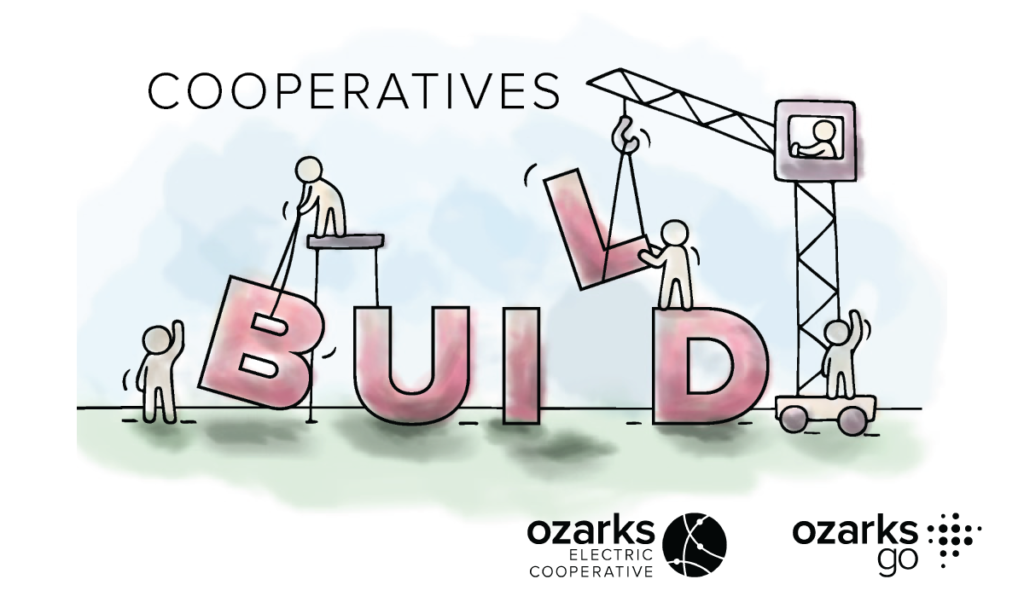
Though the core business purpose of Ozarks Electric Cooperative is to provide reliable, affordable electricity, our larger mission is to make our corner of the world a better place. With that in mind, we knew building and bringing fiber broadband to our community was the right choice with OzarksGo.
“We want to work to build trust, community, jobs and a better world,” says Kayla Clark, vice president of Member Relations for Ozarks. “The principles of a cooperative guide us in our efforts to provide fiber to our community.”
Building Trust
Electricity has become such a necessary part of life that we often don’t even think about it until we don’t have it. Access to high-speed internet has become the next essential item communities need. OzarksGo has helped businesses become more efficient, people do more work from home and kids complete schoolwork from home. For us, providing reliable, affordable service is a chance to connect with our members. And we want our members to trust us.
Building Community
Ozarks loves our communities. We also care about the members and customers we serve. By helping build and maintain strong communities through our Ozarks Cares program, we can help improve the lives of our members. Each year, Ozarks Cares gives back thousands of dollars to help local nonprofits and thousands of volunteer hours. We are committed to our people.
Building Jobs
Ozarks employs currently over 300 employees. We have 246 employees on the electric side and 61 employees on the OzarksGo side. This is beyond what our projected growth was in 2016 when OzarksGo began with only five employees.
Building a Better World
Ozarks believes in offering our members the best possible service, the best possible experience and the best possible care. We are members, too, and are visible in the communities we serve. We live in the same areas, our children attend the same schools and we shop at the same stores. As a cooperative, we strive to work alongside the membership to ensure that everyone understands that we’re more than just an electric company. We are working with you to build a better a world, and OzarksGo fiber is a part of that.

